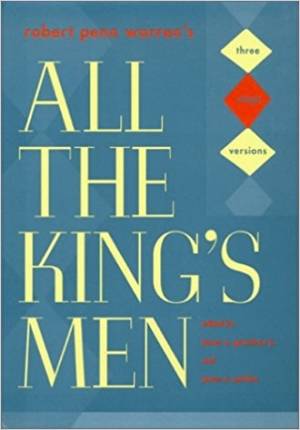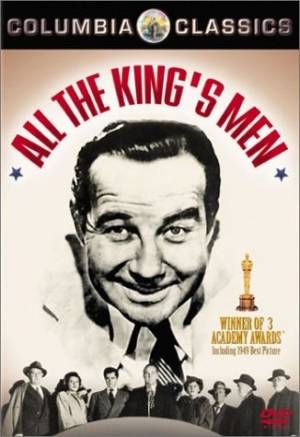There is much to appreciate in University of Illinois’ Professor Tom Mitchell — the Associate Head of the Department of Theatre. He has unearthed the value of five early Tennessee Williams’ plays that many had dismissed and he scored these revelations with student casts. He has also earned a reputation as a fearless innovator.
Beginning September 28th at Krannert Center’s Studio Theatre, Tom Mitchell will stage Robert Penn Warren’s own adaptation of All the King’s Men with an all-female cast.
Did I not say he was a fearless innovator? Perhaps Professor Mitchell’s own insights might help here.
 Smile Politely: Why did you choose for this adaptation an all-female cast?
Smile Politely: Why did you choose for this adaptation an all-female cast? Mark Twain defined a literary classic as a book that people praise and don’t read. This has hardly been the fate of Robert Penn Warren’s All the King’s Men. Since its publication in 1946, it has never been out of print; it has spawned two produced stage versions; its has produced two full-length film versions, and won the Pulitzer Prize for fiction in 1947.
Mark Twain defined a literary classic as a book that people praise and don’t read. This has hardly been the fate of Robert Penn Warren’s All the King’s Men. Since its publication in 1946, it has never been out of print; it has spawned two produced stage versions; its has produced two full-length film versions, and won the Pulitzer Prize for fiction in 1947.







